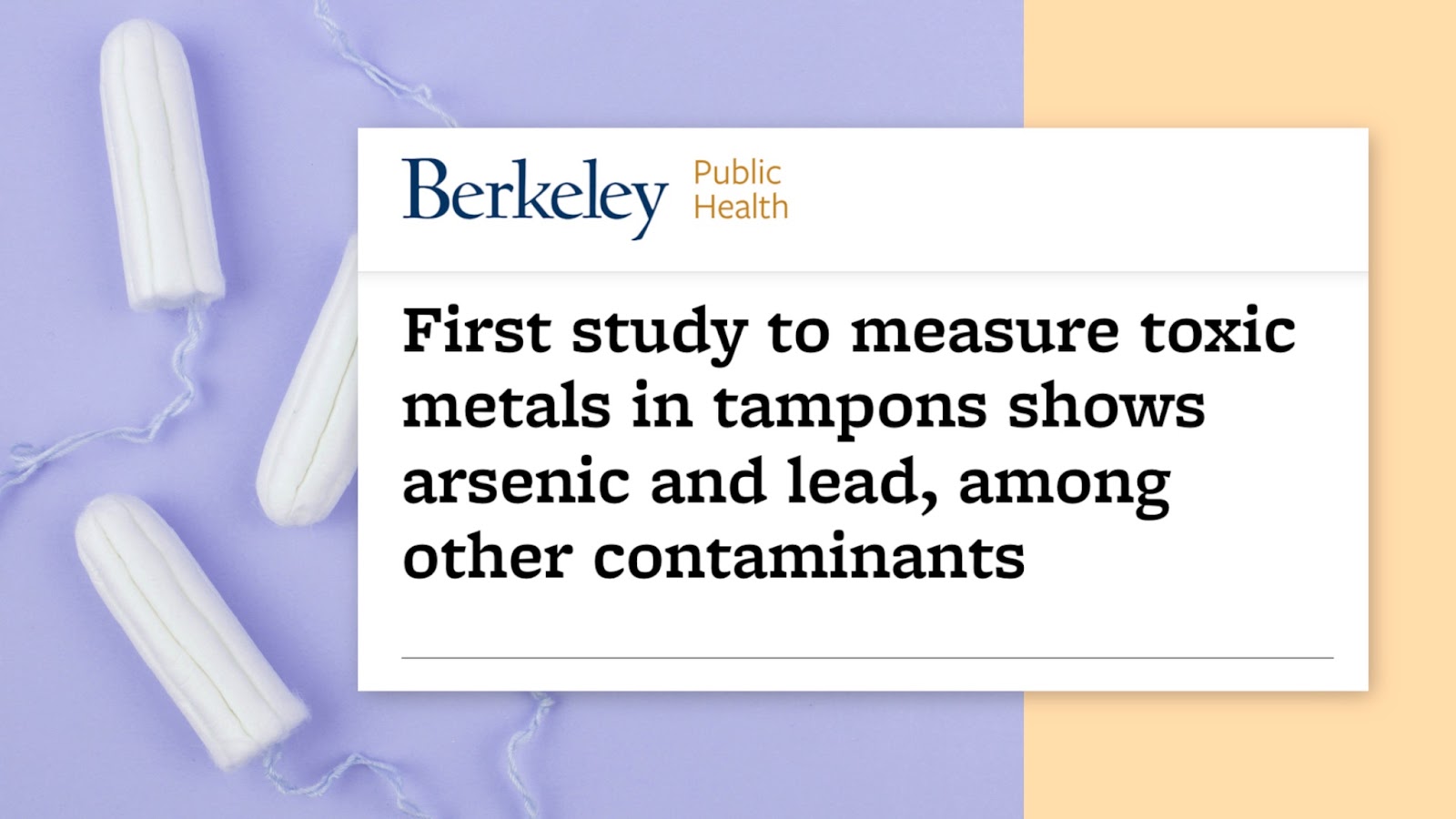Doctor Rich:
Welcome back to the Dr. Rich channel today. I want to talk about the number one question I get asked by women who have endometriosis. Chances are, if you have endometriosis, you’re asking this question too! And make sure to stick around to the end for the surprise answer. I guarantee you won’t guess what it is!
Don’t have time to read this post? Watch the video here instead!
Hi, I’m Dr. Rich, and my passion is to provide every woman with practical knowledge about the world of women’s health. So today, we’re going to talk about endometriosis. What is endometriosis? Well, we’ve covered this topic numerous times on videos that you can see here.
Briefly though, when period pains become super bad and they’re not controlled by your normal medicines that you can take or medicines that the doctor may prescribe for you — there’s a good chance that you might have endometriosis.
It’s a condition — that’s essentially scarring — caused by tissue that’s supposed to stay inside the uterus. But instead, it backs out through the tubes during the menstrual flow of your period. This material (this fluid) sticks onto places inside the pelvis. Then going forward — every time you have your menstrual cycle — you’re not only cramping inside your uterus, but you’re also cramping in all these other spots. This can make life pretty painful.
That’s a super brief definition, but we’ve covered this topic extensively if you want to check out these videos as well:
- Undergoing Robotic Surgery for Endometriosis? Here’s what to expect!
- Are your painful periods pointing to Endometriosis?
So here’s the number one question: “I have endometriosis… what do I do?”
In other words, “I have this condition. I feel like it’s not being treated well. I feel like people aren’t taking my problem seriously…” or “I am being treated and I still have pain.”
So the answer is…
There is no one treatment.
It’s all individualized. Every patient needs to have their clinical history, their background, their exam… all of this needs to be taken into play. And they need to have a specific course of treatment crafted for their particular set of symptoms and their stage of the disease (the condition that they have).
So we noticed a lot of chatter in the comment sections where patients will say (they’re watching something about surgery), “Well, surgery is no good. You need to have a certain diet.” And other people say, “Diets are no good. You need to have medications,” and so on and so forth. Everybody has an expert opinion on things!
The truth is, the most important thing is for you to find a provider that will take the time to listen to your experience and to what’s going on! They need to ask questions, get answers, and together formulate a treatment plan that works for you!
On our platform, we try to cover all of the topics. And I think we’ve done a reasonable job of covering this specific topic of endometriosis: differentiating it from other conditions and talking about a number of different treatment options.
So in past videos, we’ve talked about a whole range of treatment options that may be best for you. It could be a simple change in diet, or electrotherapy, or acupuncture, or supplements, or pain pills, or medication, or birth control, or conservative surgery — all the way up to hysterectomy. We’re not saying in any of those circumstances that that’s the best treatment for you. We’re just providing information so that everybody can know what their options are.
So… what’s the answer?
The answer is find a provider that can listen to your concerns and formulate the plan that’s right for you!
So here’s my bonus tip: If you’re not getting the information or the care that you need, get a second opinion — or a third or fourth, like Ellie did! You can watch her video and see how she suffered for decades until finally making a decision that led to her cure of severe pain.
Many of us have a relationship with our provider and we just don’t want to leave! But understand: If you’re not getting better, if you’re not making progress — you have to take that leap.
Please share this video with anybody you know who has endometriosis who’s asking this question, right now.




